
If a Resume Won’t Get You a Job, Why Bother?
I’m back in corporate after four years of self-employment. Even as a seasoned recruiter, I was a bit anxious navigating the employment world after COVID, as things have changed significantly.
Back in the day, you needed a strong resume.
A well-structured resume that highlights your skills, with a whole bunch of keywords so it can be flagged through the ATS (Applicant Tracking System).
But my recent job search experience said otherwise.
I started questioning whether spending time on my resume was worth the effort.
Strategic approach
In business, we always talk about being strategic. I never thought it also worked this way in my personal life.
But to be able to find a job, you need to be strategic.
I’ve sent out nearly 50 resumes, and all have been rejected. I tailored my resume to each role and spent time refining it to better align with the selection criteria.
I was a recruiter so I’ve read thousands of resumes before. I know what hiring managers and recruiters like to read.
Many candidates send generic resumes with errors in spelling, dates, etc. I’d like to make sure I don’t make the same mistakes.
I also have my network of recruiter friends to get feedback to ensure I have an appealing resume.
But after sending close to 50 resumes and receiving ZERO phone calls, I can’t help but feel bitter. What the heck???
I’m not that arrogant to think I’m the best candidate out there.
However, I’ve worked for good organisations before and have the right level of experience (even LinkedIn said I had 9 out of 10 skills the role was seeking). How can I not get even one call?
That reminded me of fellow writer Veronica Llorca-Smith, who had the same experience when she was in Australia. Despite her achievements working in senior positions at Apple, she struggled to find a job.
Skill-based hiring
I asked my recruiter friends how they source candidates; many said they do active searches.
In some companies, how recruiters fill roles through active searches is part of the KPIs, not by going through applications.
By active search, they source candidates via LinkedIn, reach out to internal referrals, tap into personal networks, and actively headhunt candidates currently in the role but potentially looking for something better.
In one of the recruitment workshops, one company confirmed this process — we receive an average of 200 applications for each job, and there are too many AI-written resumes; it’s not the best use of recruiters’ time going through resumes.
The speaker went on: We focus on skill-based hiring right now.
They refer to skill-based hiring as focusing on what someone can do instead of their education, experience, or qualifications.
The theory is that even if you have 10 years of experience, you will not add value to your new role if you remain stuck in your old ways of doing things.
They want someone who is forward-thinking and really knows their stuff. Although you may only have five years of experience in your field, you have worked on multiple projects and tackled different challenges with strong influencing skills; you are a better candidate than someone who has been in the same profession for 10 years repeating the same tasks.
Networking
Skill-based hiring sounds good but how does your potential employer know that you possess the skills they seek if they don’t even bother reading your CV?
After receiving many rejection emails, I couldn’t continue doing the same thing and expect a miracle. We all know this famous quote:
Insanity is doing the same thing over and over again and expecting different results — Albert Einstein.
I took a different approach. Instead of sending resumes to the void, I focused on networking.
I used my resume as my backup document so people could read it to better understand my background after our initial conversation.
I spent time on LinkedIn, connecting with people, listening to podcasts, and tapping into an industry network.
After listening to the podcast, I sent messages to the industry leaders, sharing what I’ve learned from them and thanking them for sharing their wisdom.
Not everyone will respond to you, but some did, and they were all happy to connect.
I am also blessed to have a network in Melbourne, where I used to live for eight years.
This time, coming back, I reconnected with my ex-colleagues, my ex-clients, and my ex-managers.
I humbled myself and asked them to facilitate introductions.
It’s not all good. Some people are open to helping (and genuinely do so), but some just brush it off.
It’s ok though. At times of difficulty, you know who your true friends are.
I also tapped into a recruitment community and reached out to its founder (whom I used to have a brief interaction with, but that was over five years ago). He was very pleasant and suggested that I post about my situation in a job search community group.
It sounds easy, but it wasn’t.
I had to swallow my pride and put myself out there, worrying if any of my ex-colleagues, friends, or employers would see that.
But I ignored those noises and told myself that everyone can have challenges in life, but not everyone has the courage to ask for help.
So, I put up a post. A few days later, the magic happened.
Someone was looking for a short-term contract and needed someone who could start immediately. While there wasn’t any promise about the future of this position, it was a perfect opportunity for me to get my foot in the door after being away for four years.
At the same time, I received multiple messages about new opportunities to see if I was interested.
I couldn’t believe it. After two months of sending close to 50 resumes, I heard crickets.
When I put myself out there to network, I get multiple interviews in three days.
Conclusion
And just like that, three weeks back in Melbourne, I secured a short-term contract position.
While it’s not permanent, my focus is on getting back to the industry, and hopefully, this will open doors for more opportunities in the future.
Looking for a job is not just about sending a good resume, waiting, and praying. You need to do more than that.
Use your resume as a written document to highlight your skills and achievements, but focus your energy on building your network.
Spend time on LinkedIn to engage with employees in the company you are interested in working at, attend industry events and workshops, and become best friends with your recruiters.
That’s how you get yourself a job.



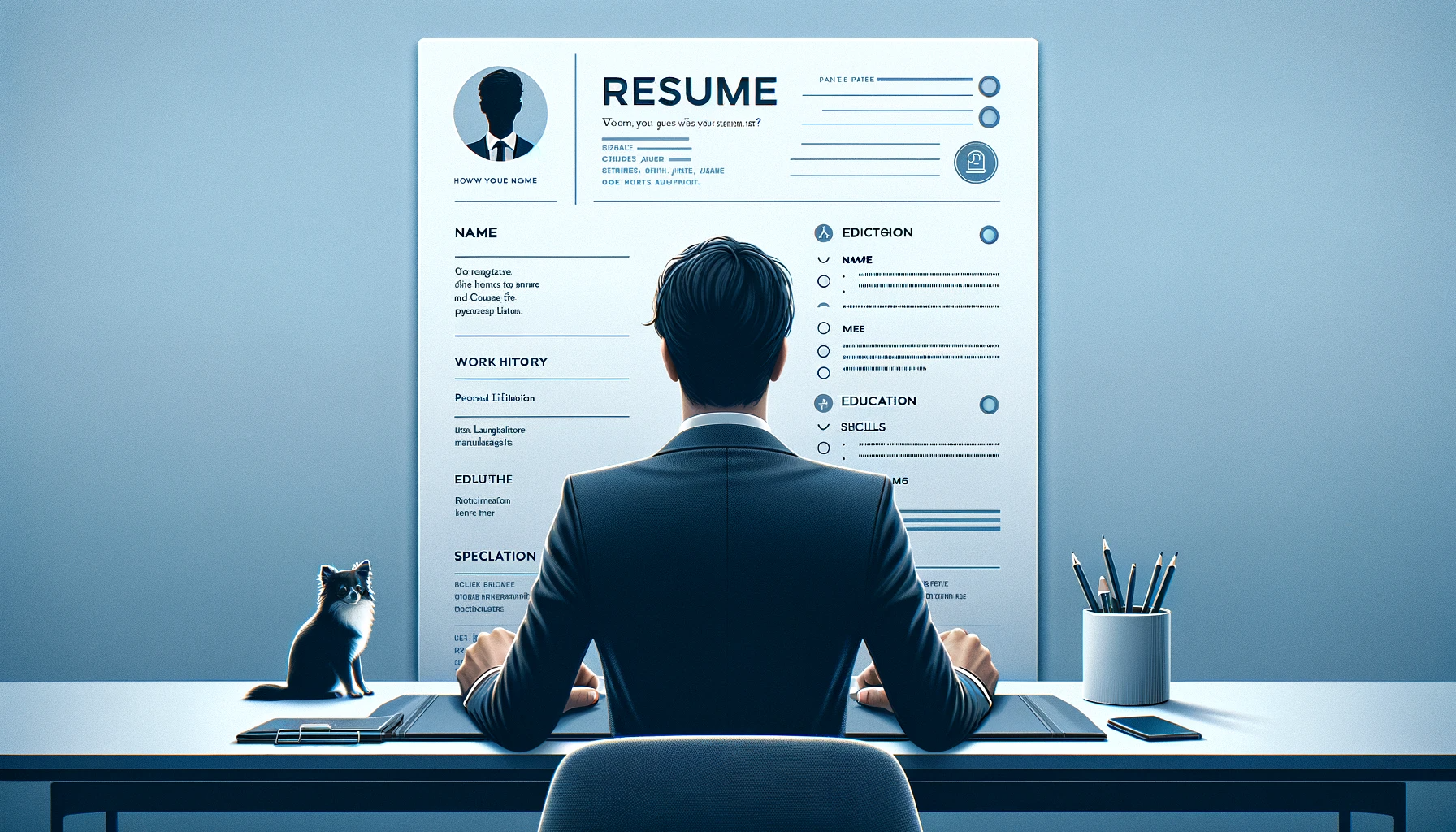
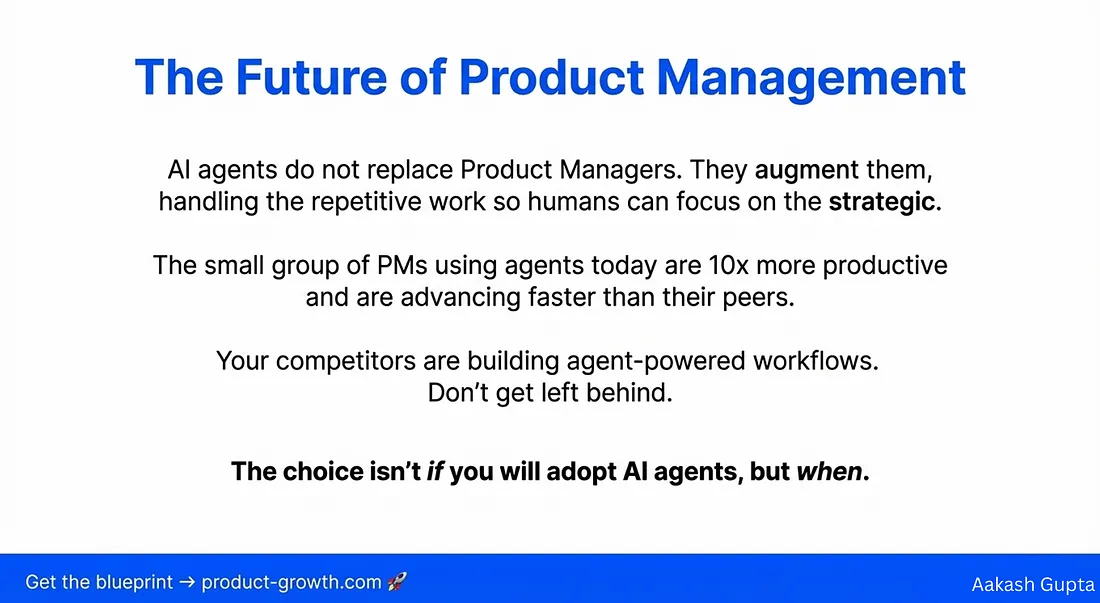
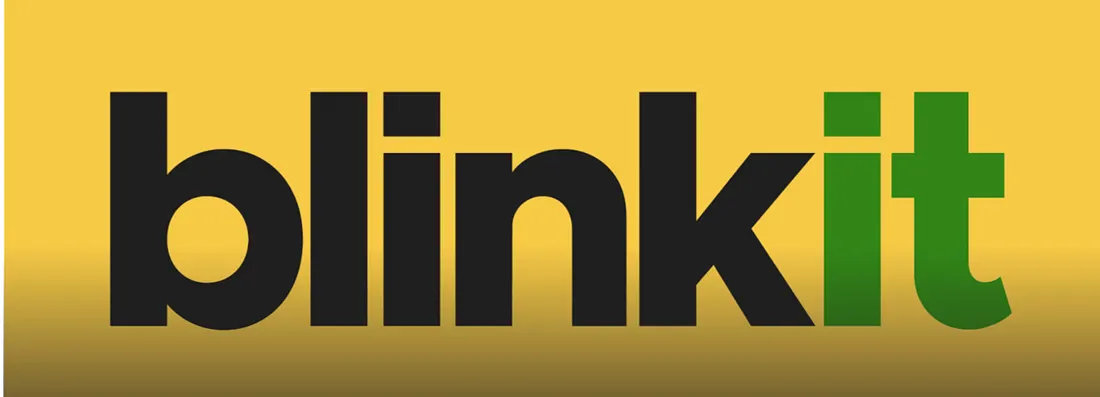
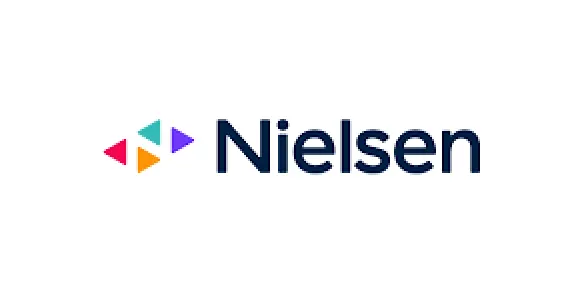

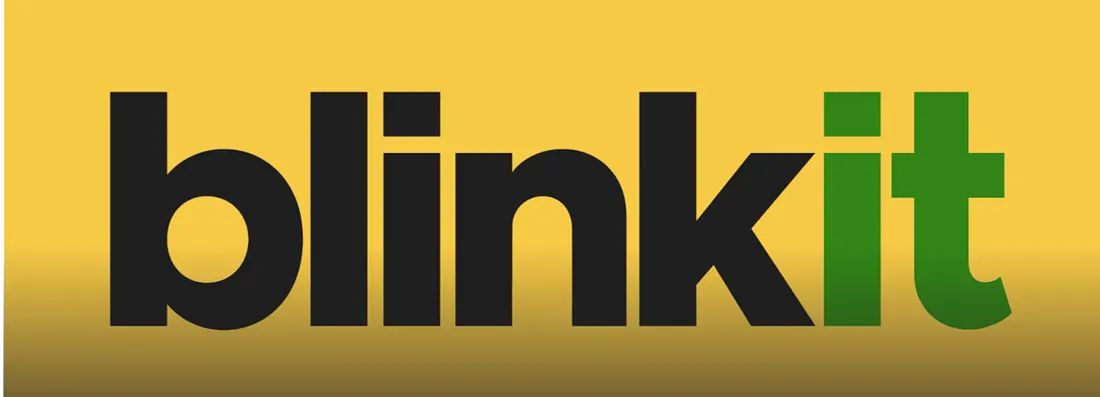

Comments ...
No Comments Yet ...Add One